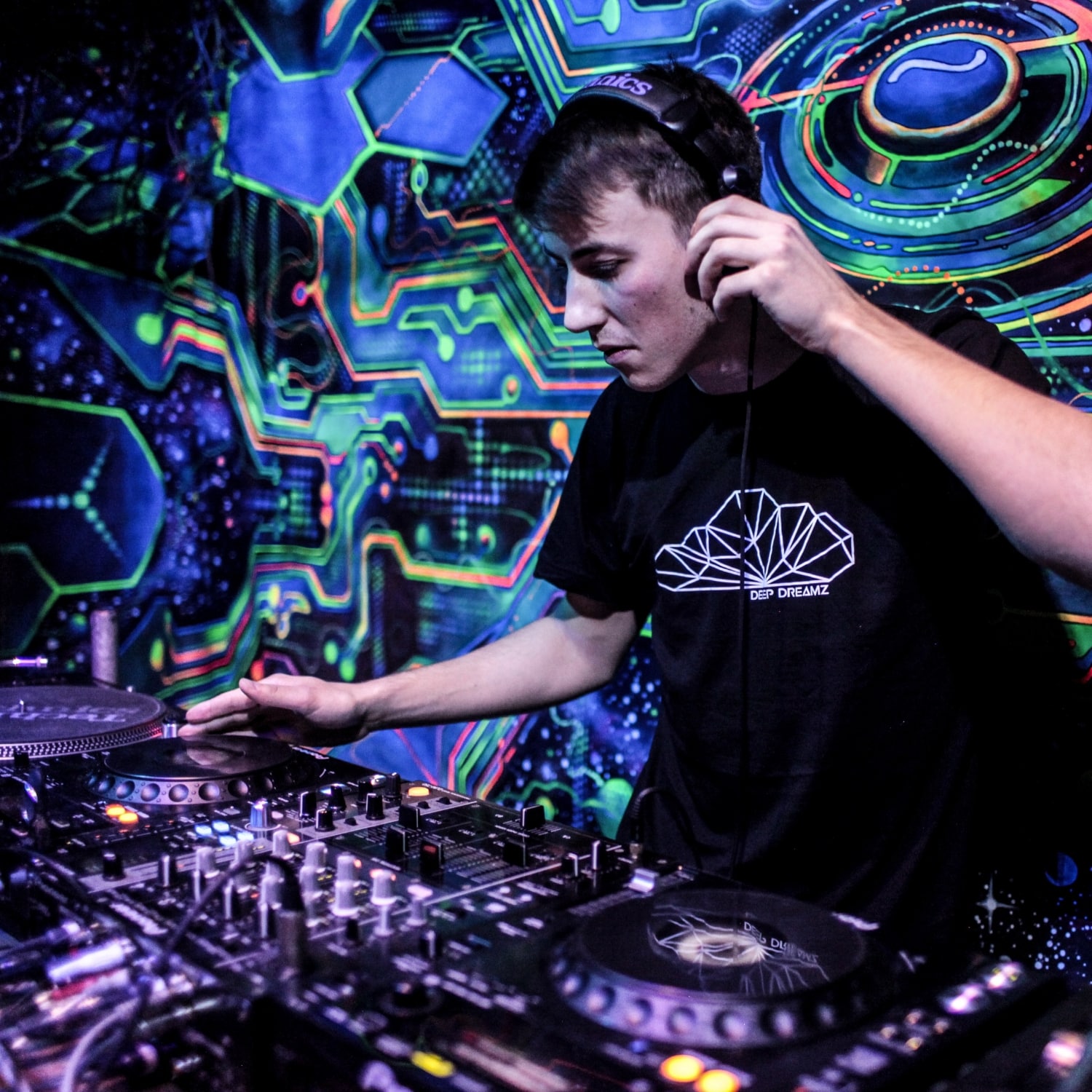Making a hit
The title of this article might be misleading: if you came here in hopes of learning how to make a hit step-by-step, you’re going to be disappointed. The good news though is, I can shed some light on how – based my experience – a track becomes a hit.
I frequently hear people – including promoters, agents, DJs, and fans – talking about hits. What is a hit, anyway?
There are many ways a song becomes a hit, including:
- Influential DJs playing the song in their set.
- People having the song in their streaming playlists and listening to it frequently.
- The song is featured in charts and becomes a top seller.
A song can have different levels of success, but in the industry many people think that if a song picks up traction and/or a reaction when played and this happens regularly, that this particular song is a song maybe worth trying to sell. DJs who catch on to early hits get popular, producers who make hits become more in demand, and everyone else around the song will ride its success…while it lasts.
“Why not just try to make hits then?”, someone once asked me.
Thinking this way implies that myself or other producers are only putting in a sort of half-effort into their work. Asking that question implies that a musician might go into the studio and say “today I’m going to make something just OK, and something that totally won’t sell!” A musician doesn’t decide if what they’re making is a hit or not. Hits are a lottery, and most of the time, they’re accidental.
If you analyze a song that was a big success, sometimes you’ll notice that the track itself is not something spectacular, but that the song’s success was really a matter of timing. It was made by the right person, the right way, at the right time. That person also probably had a good network with all the right elements in it to help make the song succeed.
You can take the biggest hit you can think of, give it a better feel and sound, and nothing would guarantee that it would work again. This is why you see so many mediocre copies of great songs; when people start to understand how a successful song was made, they try to replicate its success.
I’ve said this many times, but the illusion of control usually leads a musician to thinking they can make a hit. This is wishful thinking or day dreaming. Of course, we all think that “it would be great to find success with this song”, but this thought process is actually a distraction from making music.
That said, not all hopes one might have making a hit are bad. Let’s focus on one thing a musician actually can control, which is the quality of their music. There are some rules a musician can start using to make sure their music has originality and can reach a proper audience. Here are a few of them:
- Innovate. Stay away from gimmicks but spend time developing one technical skill to a very high level of quality. Try to see who else uses the same tools and see what you can bring to the table that could be new.
- Be the same but different. When picking references for a song, examine what characteristics they all have in common that you like, and see if you can bring a little touch of this common thread into your own work to make it similar sounding, but more refreshing. It’s common for many tracks to share some of the same sounds, timbres, notes, and effects, but for listeners interested in something fresh, they’ll look for novelty.
- Hook. A hook is what makes a song memorable, and a good one makes it popular and memorable. A hook can be just a few notes, usually something fun and easy to understand, and a hook is a good way to reach to larger audiences.
- Have an evolving song structure. Listen to your song and whenever you feel something could be changed because it feels too repetitive, consider adding a new element. Personally, I divide my songs into 3 sections and usually have 1-2 elements per section; this keeps the listener on the edge of their seat.
- Keep it simple. Focus on one idea with 2 supporting ideas. Focus on one emotion, one groove, one atmosphere (my music is the opposite of this, but that’s because I’m not interested in making hits).
- Keep it short. Hits are often, in the electronic dance scene, under 6 minutes.
- Include a surprise. An Easter egg in a song is a good way to make someone think “I want to hear it again just for that one part!” If someone says this, you know you’ve succeeded.
All this advice aside, I personally gave up on “making hits.” I tried many times with my label, my own music, and some of my artists to really push certain songs because I was sure they’d be a hit. I’d say that every single time, I failed. Always. I once invested 1,000 euros into the promo of a song and it was huge flop. For me, that experience was the hardest lesson I learned from trying to promote a hit. On the flip side, I had a few songs of my own that got some attention and with each of them, I never expected that they’d get much love in the first place.
Hits happen or they don’t. You can’t control them. Otherwise everyone would be constantly “making hits” and there would be a shit load of hits out there which wouldn’t make any sense. Hits do happen sometimes, but it’s always really hard to understand why a song became a hit and another similar song didn’t.
The most important thing you can do as a musician is make songs you love and finish them as soon as possible, then move on. The fate of a song becoming a hit is not in your hands, and the process of letting that go is a huge challenge.
SEE ALSO : Balancing a Mix




Leave a Reply
Want to join the discussion?Feel free to contribute!